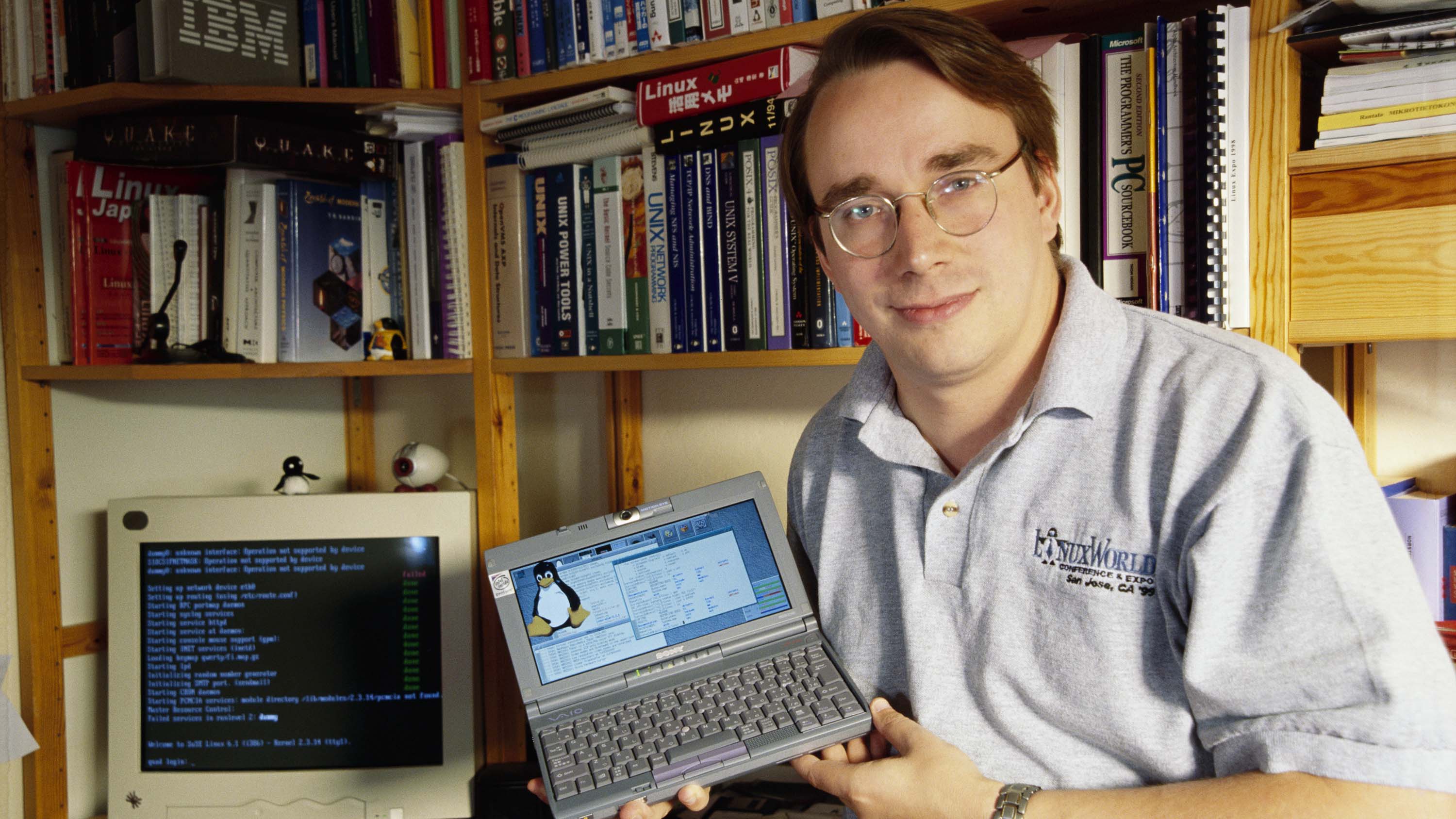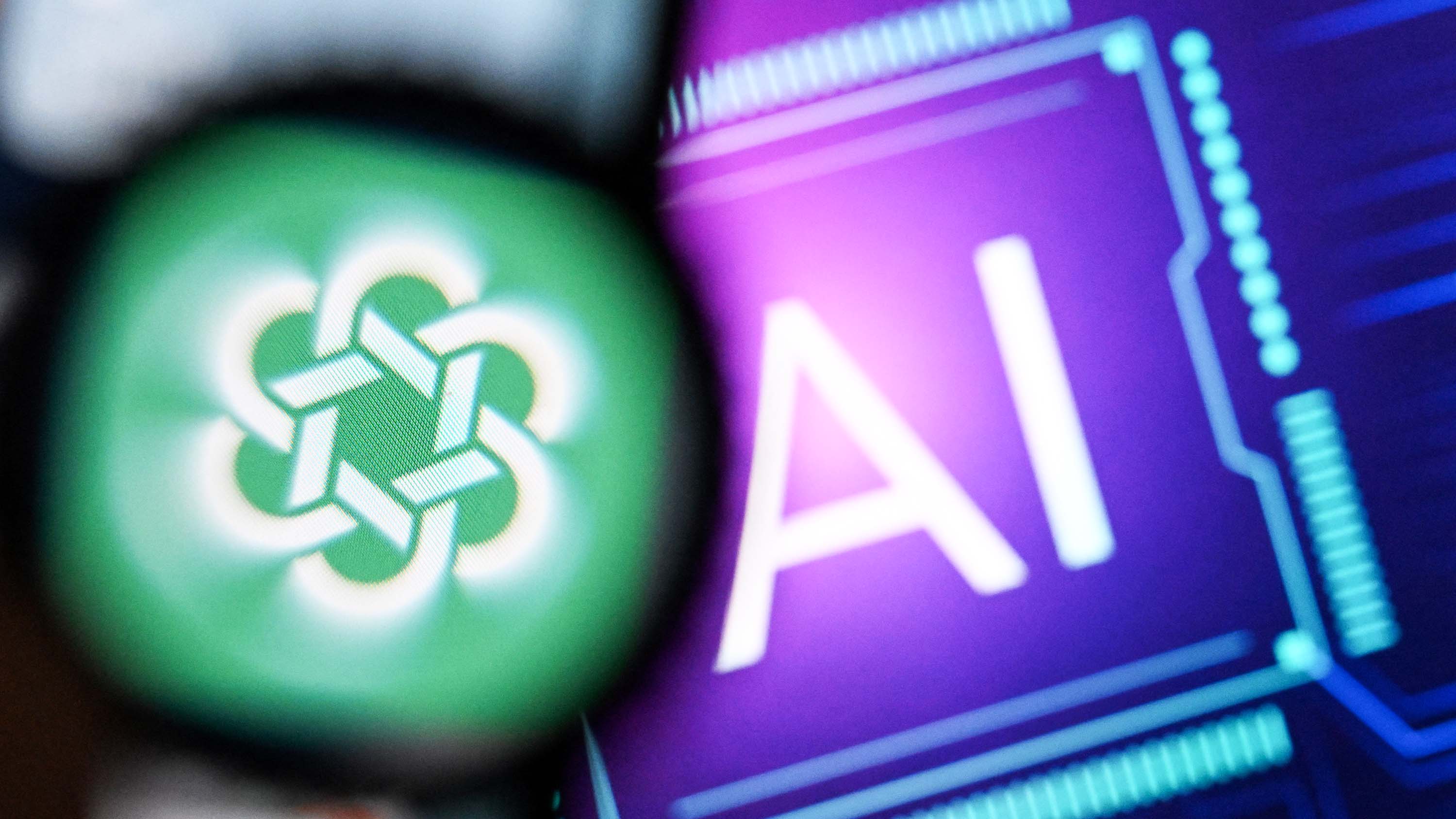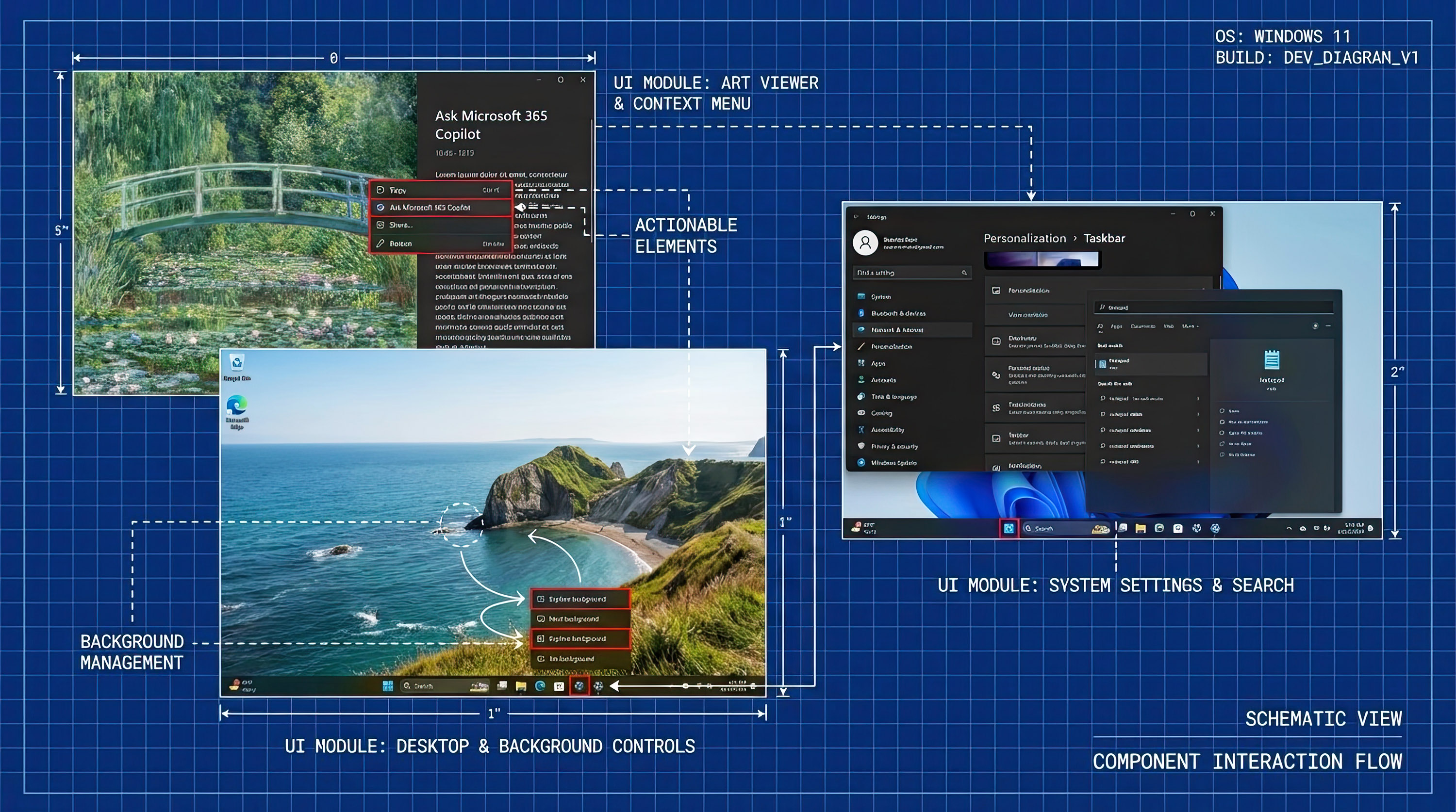Linus Torvalds wouldn't touch AI with a 10-foot pole because it's 90% marketing and 10% reality: "I think AI is really interesting, and at the same time, I hate the hype cycle so much that I really don't want to go there"
Is AI just a fad? Linux Kernel lead developer Linus Torvalds says it's complicated, and only 10% of the hype sold is reality.

What you need to know
- In a recent interview, Linux Kernel lead developer Linus Torvalds claimed that AI is 90% marketing and 10% reality.
- The developer says he ignores advances in the AI landscape because "the whole tech industry around AI is in a very bad position."
- Interestingly, he envisions a future where AI gains broad adoption and is integrated across companies for everyday use.
If the past few months are anything to go by, speculation is brewing about the trajectory of generative AI in the tech world. This can be attributed to OpenAI's recent financial troubles, placing it on the verge of bankruptcy with projections of $5 billion in losses within the next 12 months. The ChatGPT maker got an extended lifeline through a $6.6 billion round of funding from investors, including Microsoft and NVIDIA, pushing its market cap to $157 billion. However, concerns about AI's future and difficulty establishing a clear path to profitability abound.
Is AI but a fad? Your guess could be as good as mine, but the Linux Kernel lead developer, Linus Torvalds, recently shared some interesting insights about the topic in an interview at the Open Source Summit in Vienna (via Tom's Hardware).
Linus Torvalds says AI will change the world but it is currently 90% marketing and 10% reality, and it will take another 5 years for it to become clear what AI is really useful for pic.twitter.com/6knFEfJbqfOctober 21, 2024
According to the developer, the AI landscape is characterized by “90% marketing and 10% reality:”
“I think AI is really interesting, and I think it is going to change the world. And, at the same time, I hate the hype cycle so much that I really don’t want to go there.”
Interestingly, a separate report suggests that AI could be a dying fad, with projections indicating that 30% of AI-themed projects will be abandoned after proof of concept by 2025. On the other hand, market analysts and experts say most tech corporations with an early investment and adoption of AI across their tech stack are on the verge of hitting their iPhone moment with the technology. Microsoft, NVIDIA, and Apple have seemingly had their moments with AI, propelling each to briefly become the world's most valuable company with a market cap of well beyond $3 trillion.
However, the success witnessed by these companies isn't enough to convince Torvalds to get on the AI train like most. According to the lead developer:
"So my approach to AI right now is I will basically ignore it because I think the whole tech industry around AI is in a very bad position (grimaces)...”
All the latest news, reviews, and guides for Windows and Xbox diehards.
However, it's not all bad and written in stone that AI will flop. Torvalds claims that we might witness a shift in the next five years when AI will be integrated into our workplaces and become a crucial tool for everyday use.
Your guess about AI is as good as mine
As lead developer Linus Torvalds weighed heavily on generative AI and its potential trajectory, the technology is undoubtedly overbearing, especially regarding resources., including funding, cooling water, and electricity. Perhaps more interestingly, the technology will demand more as it becomes more sophisticated and advanced.
OpenAI CEO Sam Altman indicated that superintelligence might be "a few thousand days away." Altman has also passionately spoken about his desire to hit the AGI (artificial general intelligence) benchmark, with former colleagues indicating that the feat might be at the ChatGPT maker's doorstep. However, one of OpenAI's former lead researchers indicated that the AI firm wouldn't be able to handle everything the benchmark entailed, which is a significant threat, considering that there is a 99.9 probability that AI might end humanity.
🎃The best early Black Friday deals🦃
- 💻Lenovo Yoga Slim 7x (X Elite) | $999.99 at Best Buy (Save $200!)
- 📺LG Curved OLED 32 (QHD, 240Hz) | $889.99 at Amazon (Save $610!)
- 🎮Amazon Fire TV Xbox Game Pass bundle | $74.99 at Amazon (Save $62!)
- 💻Alienware m16 R2 (RTX 4060) | $1,399.99 at Dell (Save $300!)
- 📺HP Omen 27qs (QHD, 240Hz) | $299.99 at Best Buy (Save $130!)
- 🔊2.1ch Soundbar for TVs & Monitors | $44.99 at Walmart (Save $55!)
- 💻HP OMEN Transcend 14 (RTX 4050) | $1,099.99 at HP (Save $500!)
- 🎧Sennheiser Momentum 4 ANC | $274.95 at Amazon (Save $125!)
- 📺LG C4 OLED 4K TV (42-inches) | $999.99 at Best Buy (Save $400!)
But hey, according to Sam Altman, it'll "take $7 trillion and many years to build 36 semiconductor plants and additional data centers" to achieve the feat. The absurd AI dream even got Altman pegged as a "podcasting bro." Experts predict that investors' patience with AI is quickly diminishing, which could ultimately prompt them to channel their resources elsewhere.
OpenAI has an uphill task to transform into a for-profit venture within the next two years or run the risk of refunding the money raised by investors. The ChatGPT maker is in the corridors of justice, fighting a lawsuit filed by former OpenAI co-founder Elon Musk over the same issue, with experts indicating that the move to a for-profit venture may face major setbacks and rejections for the government and key stakeholders, too.
There are also speculations that Microsoft could acquire OpenAI within the next three years amid claims that it has done a major disservice to the AI industry with Copilot, which is reportedly the new Microsoft Clippy with a fresh coat of paint.

Kevin Okemwa is a seasoned tech journalist based in Nairobi, Kenya with lots of experience covering the latest trends and developments in the industry at Windows Central. With a passion for innovation and a keen eye for detail, he has written for leading publications such as OnMSFT, MakeUseOf, and Windows Report, providing insightful analysis and breaking news on everything revolving around the Microsoft ecosystem. While AFK and not busy following the ever-emerging trends in tech, you can find him exploring the world or listening to music.

